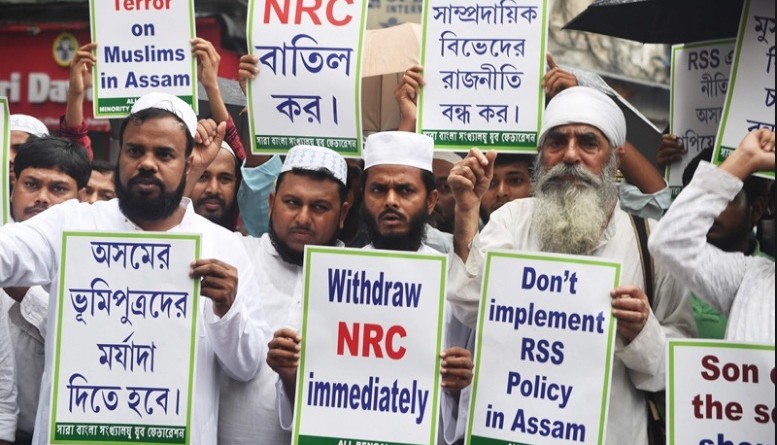Bangladesh: ‘climate of fear’ in Rohingya camps
Rights groups say there’s a “climate of intense fear” in the Bangladesh refugee camps for Rohingya who have fled Burma, following the killings of six refugees by police officers. Police officials say the men were involved in the murder of a local Bangladeshi man and killed in “crossfires”; critics say such language is often used to cover up extrajudicial killings. Tensions in southern Bangladesh have risen over the last two years as the refugee emergency evolves into a long-term crisis. (Photo: UNHCR)



